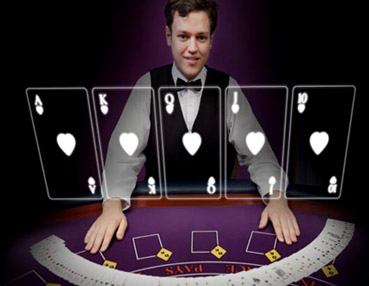Online casinos operate in a complex legal environment in Swaziland, now officially known as Eswatini. The country's gambling framework is primarily governed by the Casino Act of 1963 and the Licensing of Bookmakers and Taxation Act of 1970, which establish the regulatory foundation for gambling activities (1). While land-based gambling is well-regulated and legal under these acts, the status of online gambling remains somewhat ambiguous under the existing legislation, creating uncertainty for both operators and players.
The Ministry of Finance oversees gambling regulation in Eswatini, requiring all casino operators and bookmakers to obtain proper licensing before conducting any gambling activities. Under current regulations, it is mandatory that any person intending to operate a casino or conduct betting operations must obtain the appropriate license from government authorities (2). The regulatory framework ensures that gambling operations meet specific standards and contribute to government revenue through taxation mechanisms established in the 1970 Act.
"In Eswatini, it is mandatory that any person who intends to operate a casino or conduct a betting operation obtain a license from the appropriate government authorities."
Despite the regulatory framework for traditional gambling, online casino operations exist in a legal gray area within Eswatini. While some sources indicate that online gambling is relatively unregulated, meaning there are no specifically licensed local online casinos, players can access international platforms. However, the lack of specific online gambling legislation creates potential legal risks for both operators and participants, as existing gambling laws may still apply to digital activities conducted within the country's jurisdiction.
Source:
https://eswatinilii.org/akn/sz/act/1963/56/eng@1998-12-01
https://www.igamingtoday.com/gambling-regulations-in-eswatini-swaziland/
Last updated: 18-09-2025 Disclaimer: This article does not provide legal advice. If you need legal advice, please contact an attorney directly.
